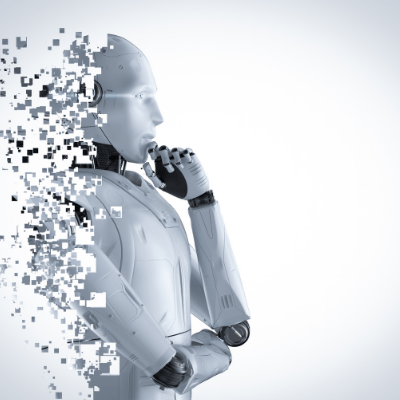This is an excerpt from the AI case studies bible. Make sure to get your copy now!
The acquisition of good talent is among the greatest challenges faced by HR managers today. As a result, AI hiring technologies are emerging rapidly as a focus area for HR. Most startups are now using AI in addressing the long-standing challenges of candidate identification, engagement, and onboarding to improve the efficiency in the hiring process and reach the goals of ROI.
For years, AI has been used by recruiters and agents though it wasn’t as sophisticated as it is currently. For instance, it is now fairly popular to search hundreds of CVs with an AI-enabled Applicant Tracking System (ATS) to check for specific phrases and keywords. Therefore, AI is useful to recruiters to reduce the time spent going through applications. Even though there has been criticism of using AI in recruitment due to the lack of personal touch, AI has really helped saved time for recruiters, especially when it would have taken them weeks and months to go through individual CVs.
Jobiak, launched an AI-based recruitment marketing platform that is geared at helping HR teams link their job boards to Google for Jobs. Jobiak’s algorithm scans job posts automatically identifying the attributes that Google requires and structures the tag without any human intervention.
iXceed Solutions based in London, England, is an end–to–end talent, enterprise services, and digital solutions provider to Fortune 500 companies and mainly focuses on IT solutions. Through AI-based recruitment solutions, the company creates an in-class experience for clients and candidates. Edge Networks is another company based in the UK that offers AI-powered products that automatically source, screen, and engage the best candidates for a role while recommending options for career paths. It also draws up personalized learning curves for employees. The company’s AI-based productivity tools have helped businesses in identifying the challenging points in their processes; for example, the acquisition of talent, workforce optimization, workforce planning, and talent transformation.
There are some concerns regarding the way that AI is making decisions in certain contexts, and whether AI is biased, in any way, against certain types of candidates. After all, there was a huge scandal a few years ago around Amazon’s recruitment algorithm that was biased against women. Therefore, techniques from interpretable machine learning will become key in this space in the near future.

























